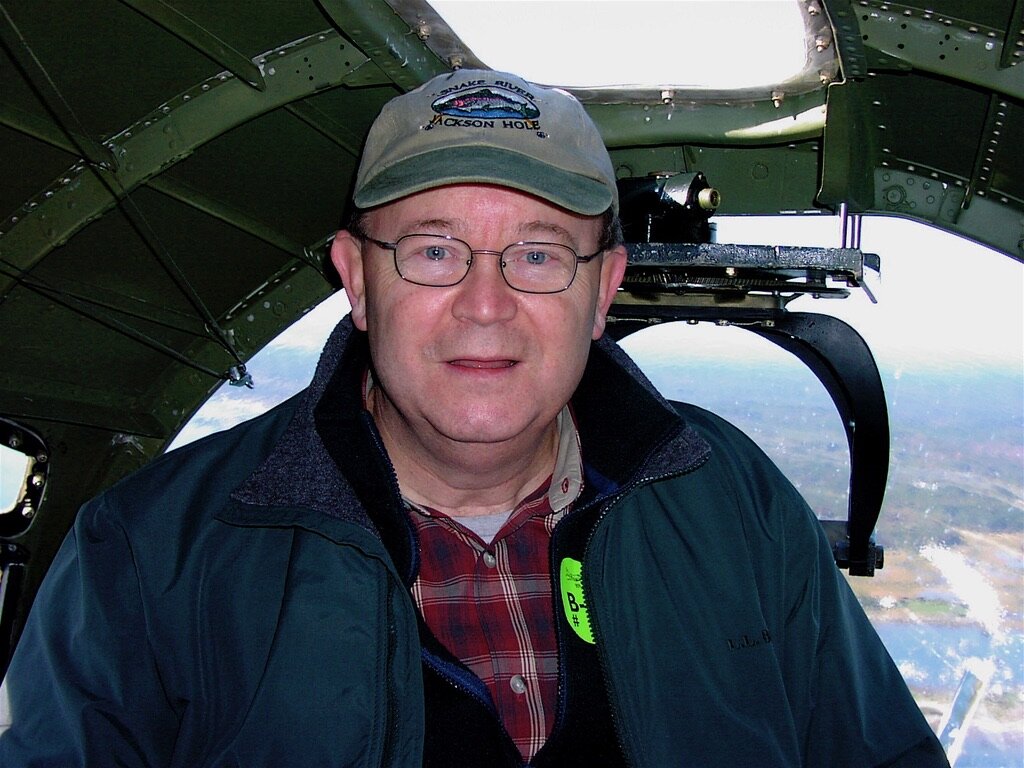Getting Unstuck #163: What Roles Can the Social Studies Education Play?
Many….
Beginnings
“Social studies has been short changed in recent years in deference to literacy. And the craziness of that practice is because in order to read, you have to read something. And social studies should be very much a part of any literacy program.”
— Phil Roden
Our guests
Larry Cuban is Professor Emeritus at Stanford University. He taught history for 14 years in three urban high schools, served as superintendent in Arlington (VA) for seven years, and was a professor for two decades. Since retiring, Larry has researched classrooms and published his findings.
Phil Roden taught high school social studies in Nigeria, at Marshall High School in Chicago and at Evanston Township High School in Illinois. After three years with Habitat for America, Phil co-founded the DBQ Project with his partner Chip Brady, and for the last twenty-some years has been writing DBQ Project materials and doing workshops with elementary, middle school, and high school social studies and English teachers.
Larry and Phil are co-authors of Promise of America, featured in this episode.
That’s Jeff holding his bound copy of Promise of America, the textbook he used to teach high school U.S. History in the early 70s. Promise of America was unusual in its day because it was not a typical chronological history. It had more of a story narrative. It was more thematic and routinely used graphics, poetry and other writings to teach skills and as the subject of powerful critical thinking questions.
Why this conversation matters
Larry: There has been a continuing tension or a dilemma in the teaching of social studies in history, for well over a century. And that tension and the dilemmas go back to the teaching of history for the purpose of making patriotic citizens and the teaching of history to get people to think. It's never either /or.
Phil: Thoughtful, guided document based inquiry should be a cornerstone of elementary, middle school, and high school social studies curriculums.
Think about it
Larry and Phil each introduced an interesting concept to consider relative to social studies education.
Larry brought up the idea national service whereby a citizen could receive something from the government or a governing body, e.g., free college tuition, or a job placement in exchange for providing a service in some capacity over a period of time.
Jeff inside the bombardier’s compartment aboard a World War II B-17 “Flying Fortress.” It was a life’s dream to fly in that magnificent aircraft – and experience just a little bit of the noise, cold, and cramped conditions that American aviators experienced over the war-torn skies of Europe during WWII.
Phil stressed the idea of experiential learning – the need to get kids out of their chairs and or out of their buildings to do something, to experience something.
What are your thoughts on these two ideas?
A final word
“Schools are so vulnerable to political currents in the larger society. So citizenship has been loaded onto the schools. And in this case, one subject, the National Council of Social Studies, has gone back and forth. And they say that our job is to make good citizens. But to make good citizens within a century old structure that is driven by rules is very hard to do, and probably impossible, because citizenship in terms of behavior, voting, jury duty, and all that is far more complex, and is taught by other institutions as well as the schools.”
— Larry Cuban
If you enjoyed this or another episode of “Getting Unstuck,” please rate our show and, if you're inclined, leave a short review: https://apple.co/3ibEqFV
Many thanks.
Jeff & Kirsten





